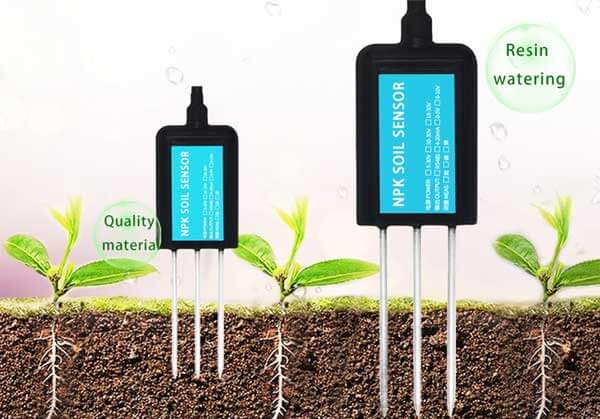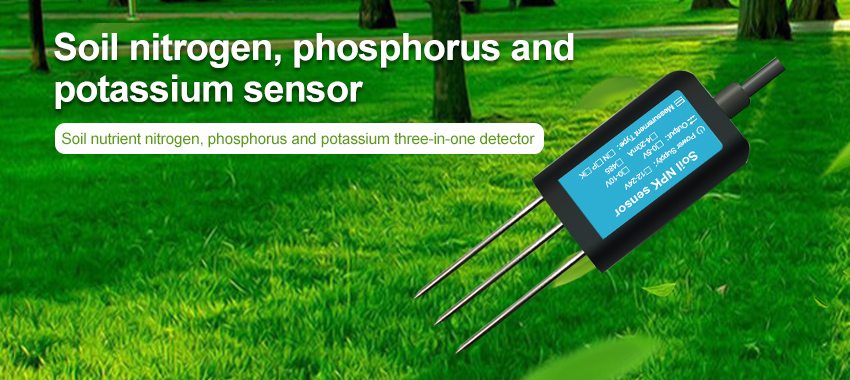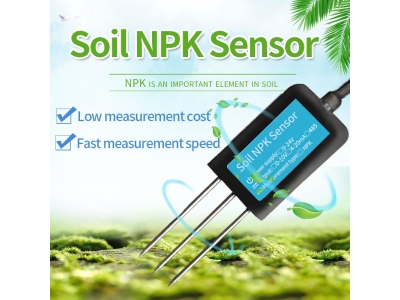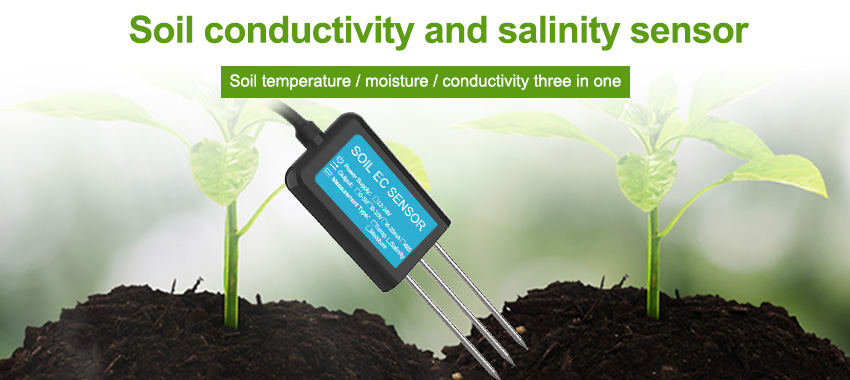Unleashing the Potential of Soil Sensor Technology for Precision Agriculture
Precision agriculture is revolutionizing the way we cultivate crops and manage agricultural systems. By utilizing advanced technologies, farmers can optimize crop production, reduce resource wastage, and minimize environmental impacts. One crucial component of precision agriculture is the use of soil sensor technology.
Unleashing the Potential of Soil Sensor Technology for Precision Agriculture Read More »






